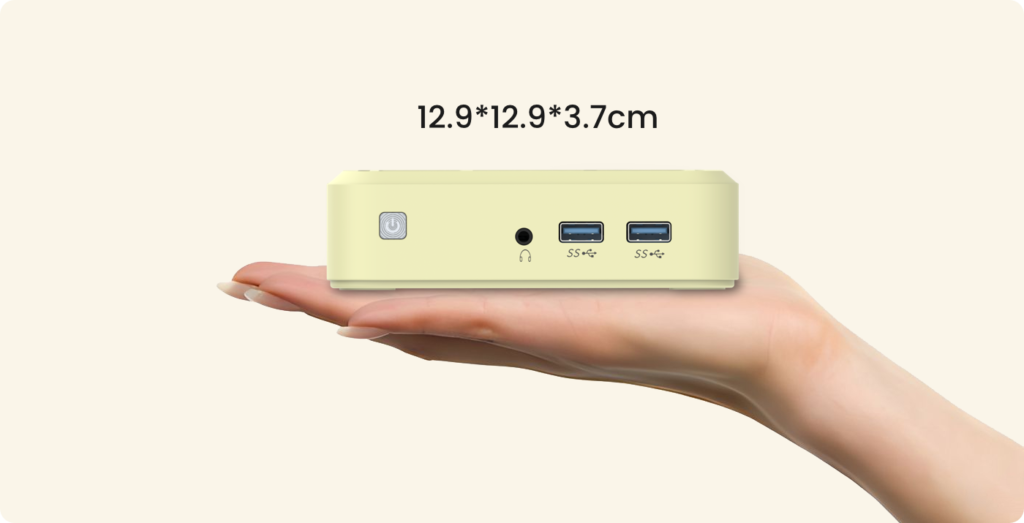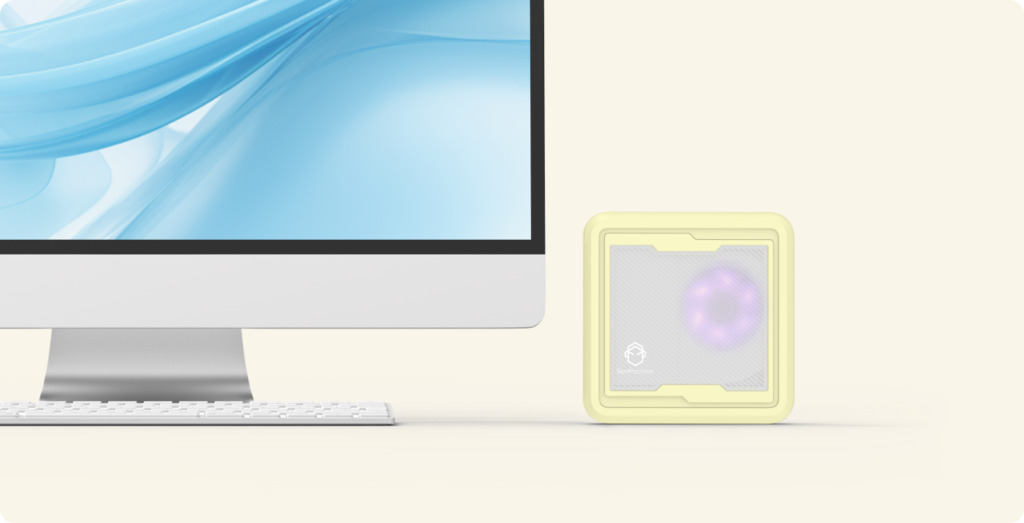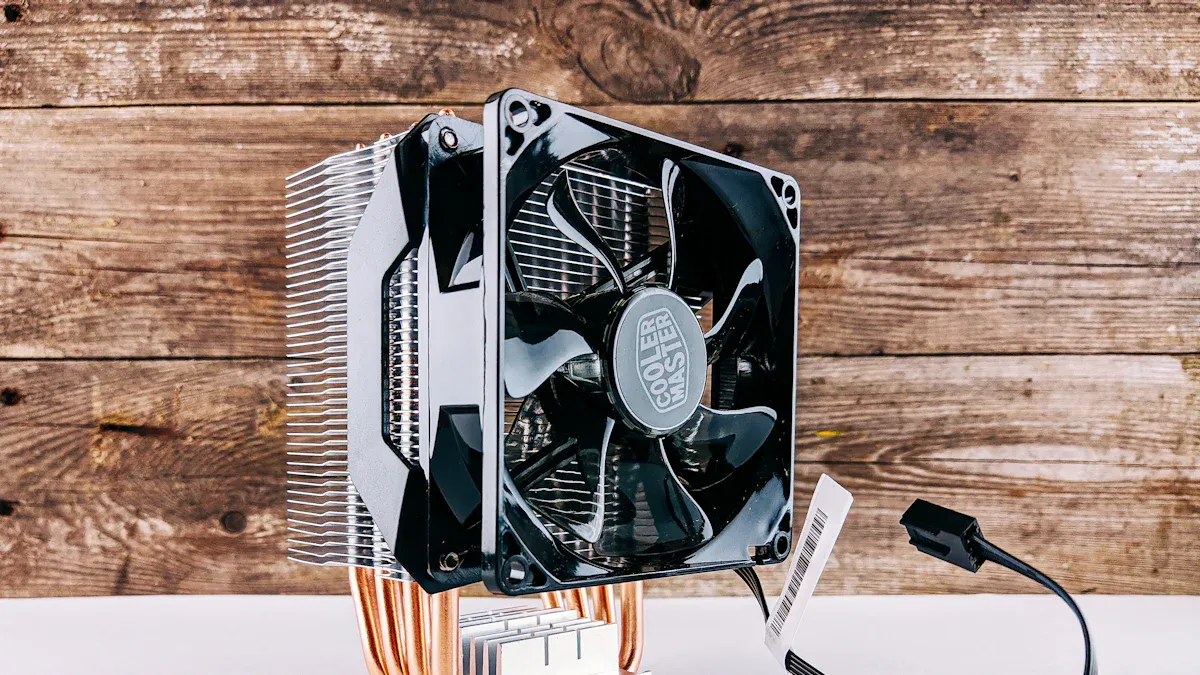Introduction
In the modern environment, efficiency, scalability, and reliability are critical. As companies look for space-saving, energy-efficient solutions without compromising performance, mini PCs have become an attractive option. But a common question arises among IT managers and procurement professionals: Can mini PCs run Windows?
The short answer is yes. Rugged small PCs are fully capable of running Windows operating systems, making them suitable for a wide range of business and industrial applications. Their ability to integrate into enterprise IT ecosystems has made them a practical choice for modern offices, digital signage, automation systems, and other commercial uses.
Understanding the Compatibility Between Mini PCs and Windows
How Mini PCs Handle Operating Systems
Mini PCs are built with versatile system architectures that allow them to run mainstream operating systems, including Windows. This compatibility is a key reason for their popularity in professional environments. With the right configuration, these compact systems can perform the same essential functions as traditional desktops—only in a smaller, more efficient form.
From a technical perspective, tiny PCs are designed to support standardized hardware interfaces and firmware that align with Windows installation requirements. This ensures that users and IT teams can deploy Windows seamlessly, without facing complex setup processes or driver issues.
Why Windows Is a Common Choice
For users, Windows remains the dominant operating system because of its stability, widespread support, and enterprise-ready ecosystem. From office applications to specialized software, most corporate systems are built around Windows environments.
Running Windows on a compact PC allows organizations to maintain compatibility with existing networks, management tools, and productivity suites. IT teams benefit from a unified management framework, while employees enjoy a familiar interface that minimizes training and onboarding time.

Benefits of Running Windows on a Mini PC
Seamless Integration in Workflows
One of the strongest advantages of running Windows on mini PCs is how easily they integrate into established workflows. A mini PC can be connected to monitors, printers, barcode scanners, and other peripherals used in offices or retail settings. This makes them highly adaptable for everyday administrative tasks or customer-facing applications. For more information, see our article What are mini PCs used for.
Improved Flexibility and Manageability
Windows-based small PCs offer superior flexibility for IT administrators. Businesses can deploy, configure, and update multiple devices remotely using standard enterprise tools. This simplifies maintenance, especially in large-scale environments such as educational institutions, call centers, or production lines.
Additionally, tiny PCs running Windows can be integrated into domain networks, allowing administrators to manage security policies, user permissions, and data protection through centralized systems. For B2B users, this level of control is crucial for compliance and operational consistency.
Common Applications Using Mini PCs with Windows
Office and Administrative Operations
In office environments, mini PCs are widely used as efficient workstations for administrative teams. Running Windows ensures full compatibility with business applications like email clients, project management platforms, and ERP systems. Their compact size allows companies to optimize desk space while maintaining the same computing performance as traditional desktops.
Industrial and Commercial Use Cases
Beyond typical office use, mini PCs running Windows are often employed in more demanding environments. They can power digital signage, control manufacturing systems, and manage data terminals for logistics or retail operations. Their durability and software compatibility make them an ideal choice for industrial automation and commercial control systems. For businesses seeking silent operation or installation flexibility, many models also come in fanless designs.
Factors to Consider Before Installing Windows on a Mini PC
Compatibility and Licensing
Before installing Windows, enterprises should confirm that their mini PC configuration supports the operating system version intended for deployment. Although most mini PCs are designed to handle Windows installations with ease, ensuring driver compatibility and hardware readiness will prevent future performance issues.
Moreover, companies must use legitimate Windows licenses to maintain compliance and receive ongoing security updates. Proper licensing is especially important for corporate environments that rely on consistent support and cybersecurity standards.
Configuration and Maintenance
Once Windows is installed, configuring the system for optimal performance is vital. Businesses should establish a standardized setup process to streamline deployment across multiple units. Regular maintenance—such as software updates, security patches, and disk optimization—will keep the mini PCs running efficiently over time. IT departments can further enhance system stability by managing backups and recovery points through Windows’ built-in tools or enterprise-grade software solutions.

Why Choose Windows-Based Mini PCs
Mini PCs that run Windows combine compact design with business-level functionality. For B2B buyers, they represent a cost-efficient solution that delivers reliable performance, compatibility, and control. These systems can be integrated into diverse environments—from conference rooms and retail counters to factory lines—while maintaining consistent operational standards.
The flexibility of Windows allows companies to scale their IT infrastructure smoothly, ensuring that each small PC can serve specific roles across departments. This adaptability makes them a preferred choice for businesses aiming to optimize resources without sacrificing capability or stability.
Conclusion
To conclude, mini PCs can absolutely run Windows, and they do so with remarkable efficiency and reliability. For businesses, this combination brings together the best of both worlds: the compact form factor of a mini PC and the familiar, stable environment of Windows.
As digital transformation accelerates across industries, Windows-based mini PCs are poised to play an increasingly central role in enterprise computing—offering flexibility, manageability, and long-term value for corporate buyers.





